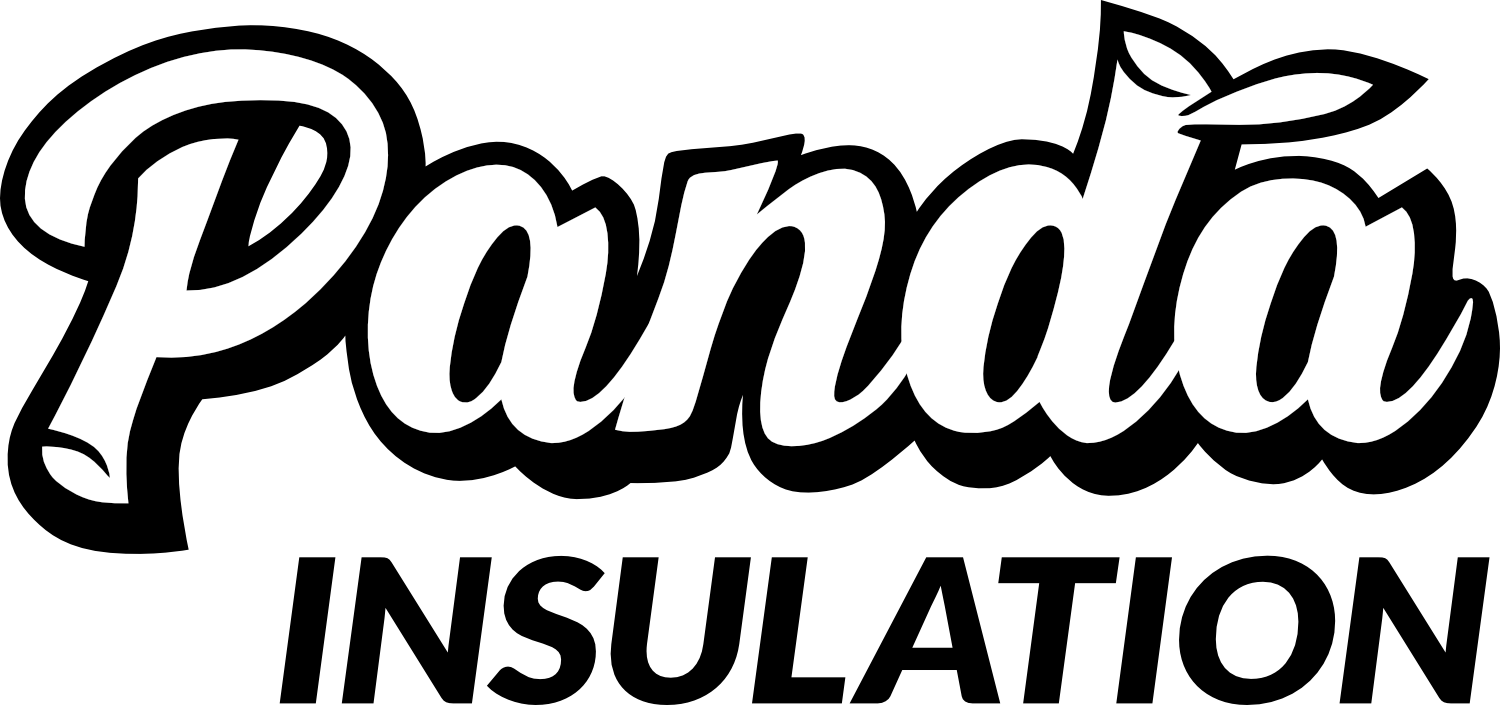Introduction
In this article, we will explore the importance of insulating your home during the summer season. With rising energy costs and increased awareness about environmental conservation, home insulation has become a crucial aspect of maintaining a comfortable and efficient living space. By insulating your home, you can not only save on energy bills but also enhance your overall well-being. Let’s dive deeper into the reasons why you should consider insulating your home this summer.
Importance of Home Insulation
Proper home insulation offers numerous benefits that go beyond keeping your home warm during winter. By insulating your home, you create a barrier that helps regulate temperature and minimize heat transfer between the interior and exterior environments. This is just as important during the summer months when you want to keep the cool air indoors and prevent heat from entering.
Energy Efficiency
One of the primary reasons to insulate your home is to improve its energy efficiency. Effective insulation helps maintain a stable indoor temperature, reducing the need for excessive cooling during summer. By minimizing heat gain, your air conditioning system can operate more efficiently, resulting in lower energy consumption and reduced utility bills. Insulating your home can lead to long-term savings and contribute to a more sustainable lifestyle.
Cost Savings
Home insulation can have a significant impact on your finances. By reducing heat transfer, insulation allows you to rely less on air conditioning, which can be a major expense during the summer. With proper insulation, you can lower your cooling costs and potentially save a substantial amount of money each year. The initial investment in insulation pays off over time through reduced energy bills, making it a cost-effective solution for homeowners.
Comfort and Health
Insulating your home not only provides energy and cost savings but also enhances your overall comfort and well-being. Proper insulation creates a more consistent indoor temperature, eliminating hot spots and cold drafts. This leads to a more comfortable living environment and better air quality. Insulation can also help reduce noise transmission, making your home quieter and more peaceful.
Environmental Benefits
Insulating your home is an environmentally responsible choice. By reducing your energy consumption, you lower your carbon footprint and contribute to the fight against climate change. Insulation minimizes the need for excessive air conditioning, which relies on fossil fuels. Additionally, energy-efficient homes require less energy generation, reducing the strain on power plants and decreasing greenhouse gas emissions.
Types of Home Insulation
There are various types of insulation materials suitable for different areas of your home. Understanding these options can help you make an informed decision about the best insulation for your specific needs.
Attic Insulation
Attic insulation is essential as heat rises and can easily escape through an uninsulated attic. Properly insulating your attic can prevent heat gain during summer and heat loss during winter, contributing to a more energy-efficient home.
Wall Insulation
Insulating exterior walls helps regulate the temperature inside your home and prevents thermal bridging, which occurs when heat transfers through the walls. This type of insulation keeps your home cooler in summer and warmer in winter.
Basement/Crawl Space Insulation
Insulating your basement or crawl space is crucial to maintaining a comfortable and moisture-free environment. By insulating these areas, you can prevent humidity, mold growth, and air leaks that can impact the overall quality of your home.
Insulation for Windows and Doors
Windows and doors are common areas for heat gain and loss. Adding insulation around windows and using weatherstripping for doors can improve energy efficiency and prevent drafts, ensuring a comfortable indoor environment.
DIY vs. Professional Insulation
While some homeowners may choose to tackle insulation projects themselves, hiring a professional can provide several advantages. Professionals have the knowledge, expertise, and tools required to ensure proper insulation installation. They can assess your home’s specific needs, recommend the right insulation materials, and guarantee optimal performance.
DIY Insulation Tips and Techniques
If you decide to pursue a do-it-yourself insulation project, there are certain tips and techniques to keep in mind. Properly sealing air leaks, choosing the right insulation material, and following manufacturer guidelines are crucial for achieving effective insulation. It’s important to research and understand the process before starting any DIY insulation project.
Benefits of Hiring a Professional Insulator
Opting for professional insulation services can save you time, effort, and potential mistakes. Professionals are experienced in identifying problem areas, ensuring proper installation, and maximizing energy efficiency. They can also provide warranties and ongoing support, giving you peace of mind regarding the quality and longevity of your insulation.
Choosing the Right Insulation Material
When insulating your home, it’s important to choose the right insulation material for each specific application. The type of insulation material you select will depend on factors such as R-value, installation method, cost, and environmental impact. Common insulation materials include fiberglass, cellulose, spray foam, and mineral wool.
Conclusion
Insulating your home during the summer is a wise investment that brings numerous benefits. From improving energy efficiency and reducing costs to enhancing comfort and promoting environmental sustainability, home insulation plays a vital role in creating a healthy and efficient living space. Whether you opt for DIY insulation or hire a professional, taking the necessary steps to insulate your home will undoubtedly pay off in the long run.
FAQs
- Can I insulate my home only during the summer?
- While summer is an ideal time for insulation projects, you can insulate your home at any time of the year. Insulation provides benefits throughout all seasons.
- How much money can I save by insulating my home?
- The amount of money you can save depends on various factors such as your current energy consumption, insulation quality, and climate. On average, homeowners can save up to 20% on energy bills with proper insulation.
- Is insulation a DIY-friendly project?
- Insulation can be a DIY project, but it requires careful planning and knowledge of insulation techniques. If you’re unsure, it’s best to consult with a professional.
- Will insulation make my home too airtight?
- Proper insulation doesn’t make your home overly airtight. It helps control air movement while still allowing for adequate ventilation to maintain a healthy indoor environment.
- How long does insulation last?
- The lifespan of insulation depends on various factors, such as the type of material and the installation quality. In general, insulation can last for several decades with proper maintenance and care.




